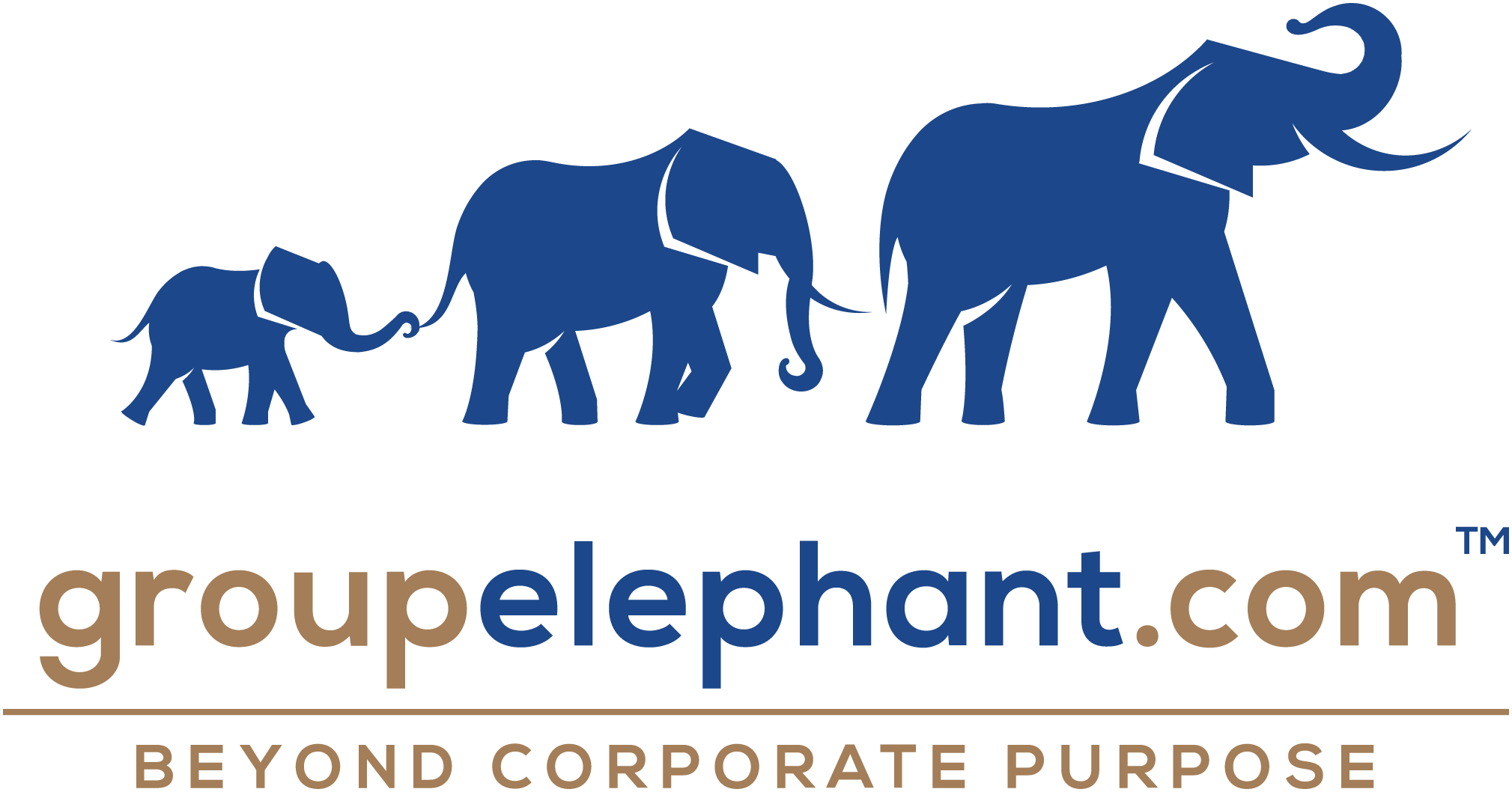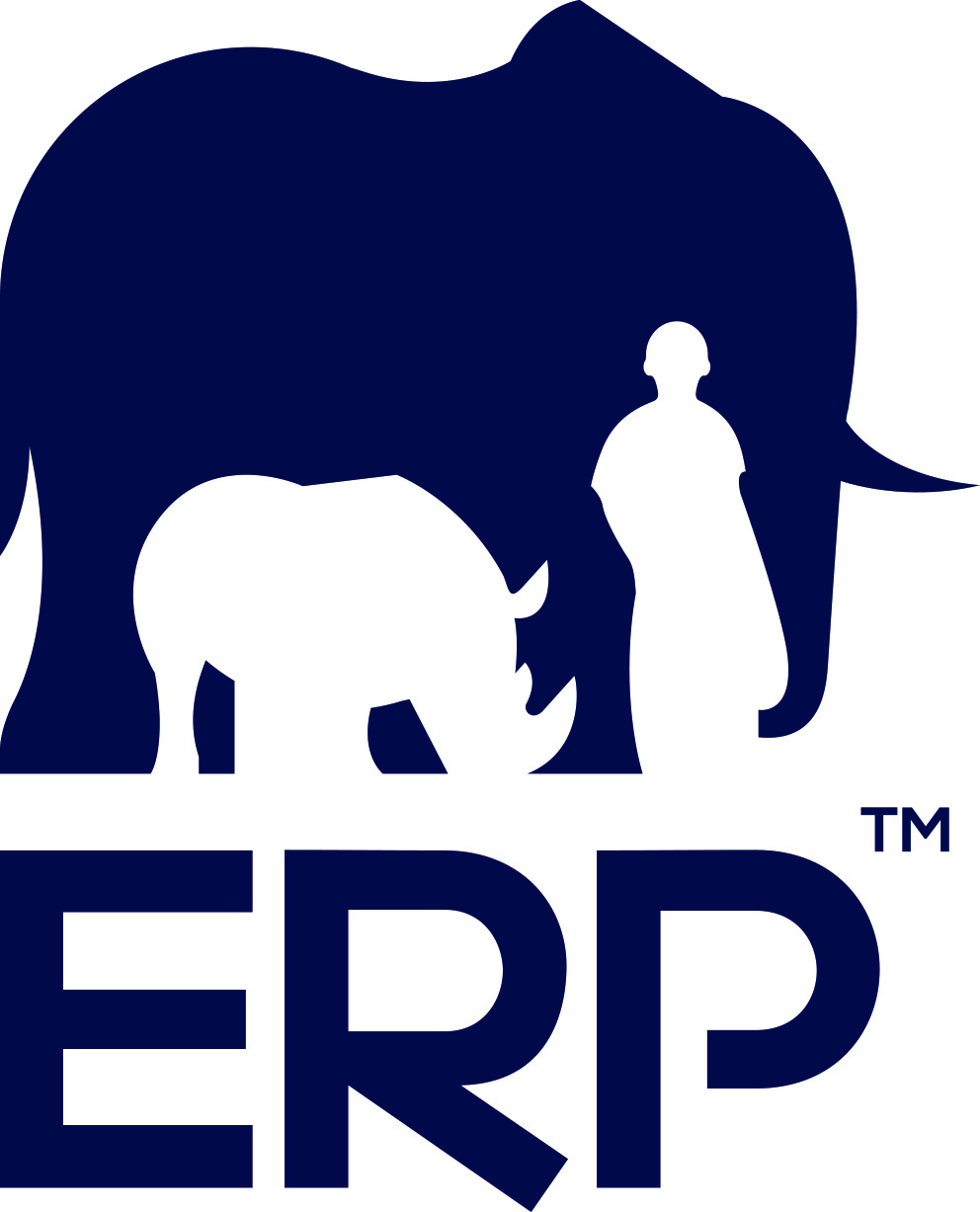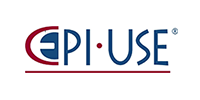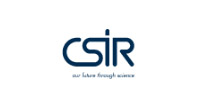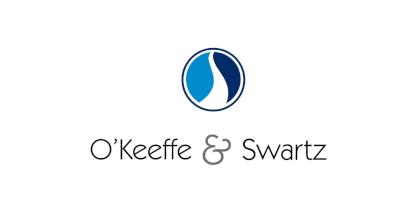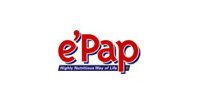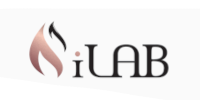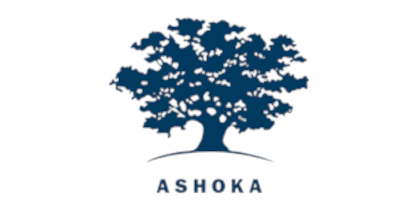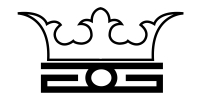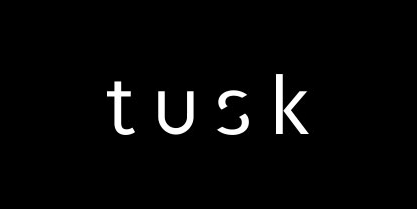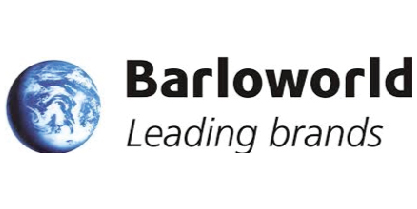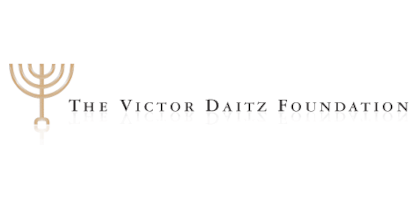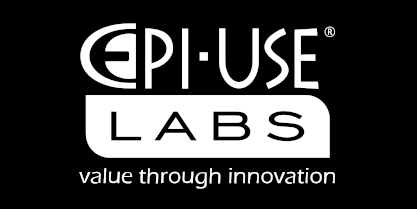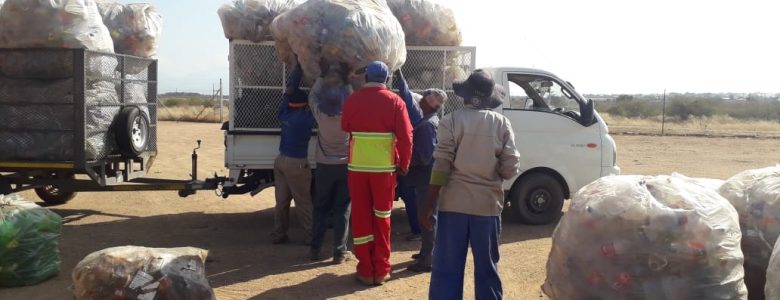
2019 Keep Senwabarwana Clean Campaign
INTRODUCTION
The P.E.A.C.E. Foundation recently received CSI funding from New Clicks, which we proposed would be utilised for the benefit of Ntshabeleng Waste Management Cooperative, local waste collectors and the wider Senwabarwana community. Our focus would be around Ntshabeleng Cooperative, an all women led and run recycling enterprise which we have been supporting over the past five years. We proposed to have the activities broken down as follows:
- To organize and conduct a community led clean-up campaign
- To train the cooperative and waste collectors on basic permaculture skills in order to enable them to grow their own vegetables on site, for their personal consumption
- To address micro-nutrient deficiency through training and conscientizing the waste collectors on e’Pap, a multi nutrient supplement which is of benefit to those who do not have an adequate intake of nutrients through the food they consume daily.
To this end, we managed to conduct a community led clean up campaign, which coincided with recycling week in September, 2019.
THE CLEAN UP CAMPAIGN: PLANNING AND EXECUTION
We were able to coordinate a steering committee to assist with the stakeholder identification and mobilization. Key to the success of this clean-up was going to be the involvement of government structures and the community. To this end, under the government structures, we worked closely with the Blouberg Municipality and Limpopo Department of Economic Development, Environment and Tourism’s Waste Management Division. On the community side, we engaged the local Ward Councillor, who represents the community at different levels, and our own Ntshabeleng Cooperative whom are already actively involved in waste management issues. Once funding was availed, the steering committee agreed to have the clean up on 11th September, and invites were sent out accordingly to all relevant stakeholders. September was ideal as it also coincided with National Recycling Week. As part of the preparation, we were able to purchase the relevant clean-up materials, which included safety gloves, masks and refuse bags as part of the preparations for the day.
On the clean-up date, we placed all participants into 3 groups, based on the key waste dumping hotspots we identified during the planning phase. These areas were identified as the main business district of Senwabarwana, the residential area as you drive into Senwabarwana, and the area between the local TVET and Senwabarwana Primary School. The Municipality was also able to rope in participants from their EPWP programme, and some local business entities sent through their representatives as well. After a briefing session early in the morning, we all were transported to our identified areas to start the clean out. Each group had +/-30 individuals, and the total turnout was more than 100 participants, including government representatives and the local political leadership. This was more than the 60 we had initially anticipated. Ntshabeleng Cooperative was also present and proactively participated in the clean up after having been formally introduced to all participants as the group that is most active in looking at recycling issues in Senwabarwana. Because of the nature of waste that was being dumped, they unfortunately could not separate the materials so as to divert some of it for recycling. However, their presence and participation was relevant considering that very few people in the community knew about the importance of recycling waste materials.

Image 1: Briefing session before the clean up
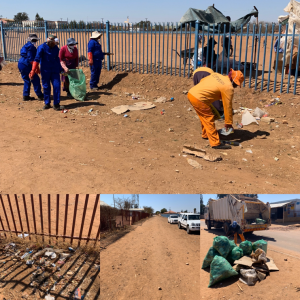
Image 2: Various activities during the clean up
OUTCOMES OF THE CLEAN-UP
Overall, the clean up was a success as we managed to clear all identified hotspots, leaving them better than they were before. Aesthetically, the results of this exercise were visible, as can be seen in some of the images above. Due to time constraints, we were not able to weigh how much waste was diverted on the day, which was the initial plan. We however managed to send through all waste to the landfill using the Municipal compactor.
During her vote of thanks, the local Councillor commended the efforts of not only the P.E.A.C.E. Foundation and New Clicks, who funded this exercise, but also the effort of all who were present for making time to clean their own community. Government representatives from the Municipality and LEDET also added onto the Councillor’s words, calling for regular clean-ups even if it means once every month. Senwabarwana in general has a serious waste management problem, which stems from a number of factors that include the Municipality’s incapacity to offer waste collection services effectively and lack of an understanding of the dangers of improper waste disposal practices from the community. We hope to continue to address this issue, through Ntshabeleng Cooperative’s recycling efforts, as, given the necessary support; this group can serve as an example on how best to dispose of waste.
To conclude the day, all participants to the clean-up received a light meal and refreshments, before we all dispersed.
